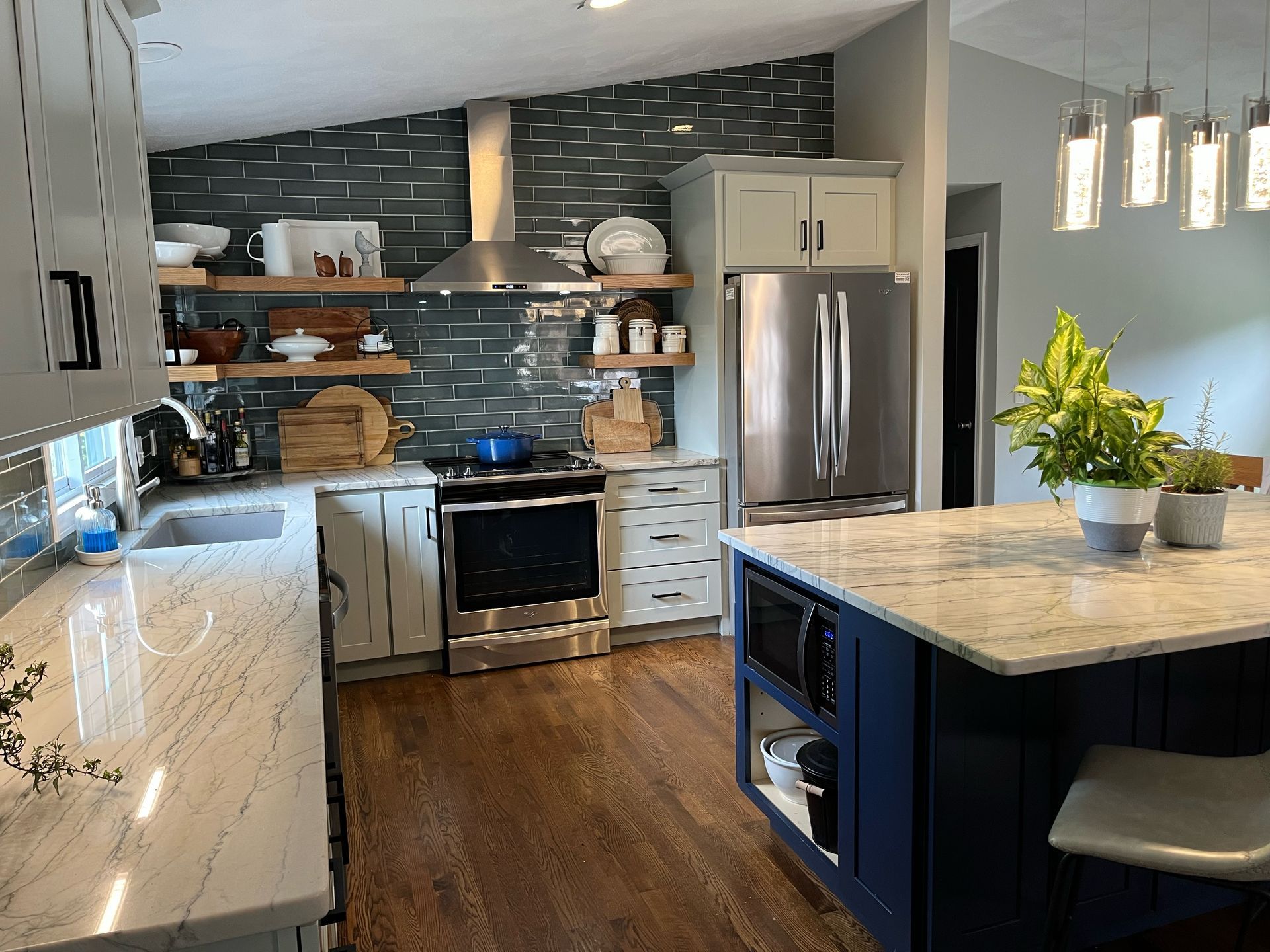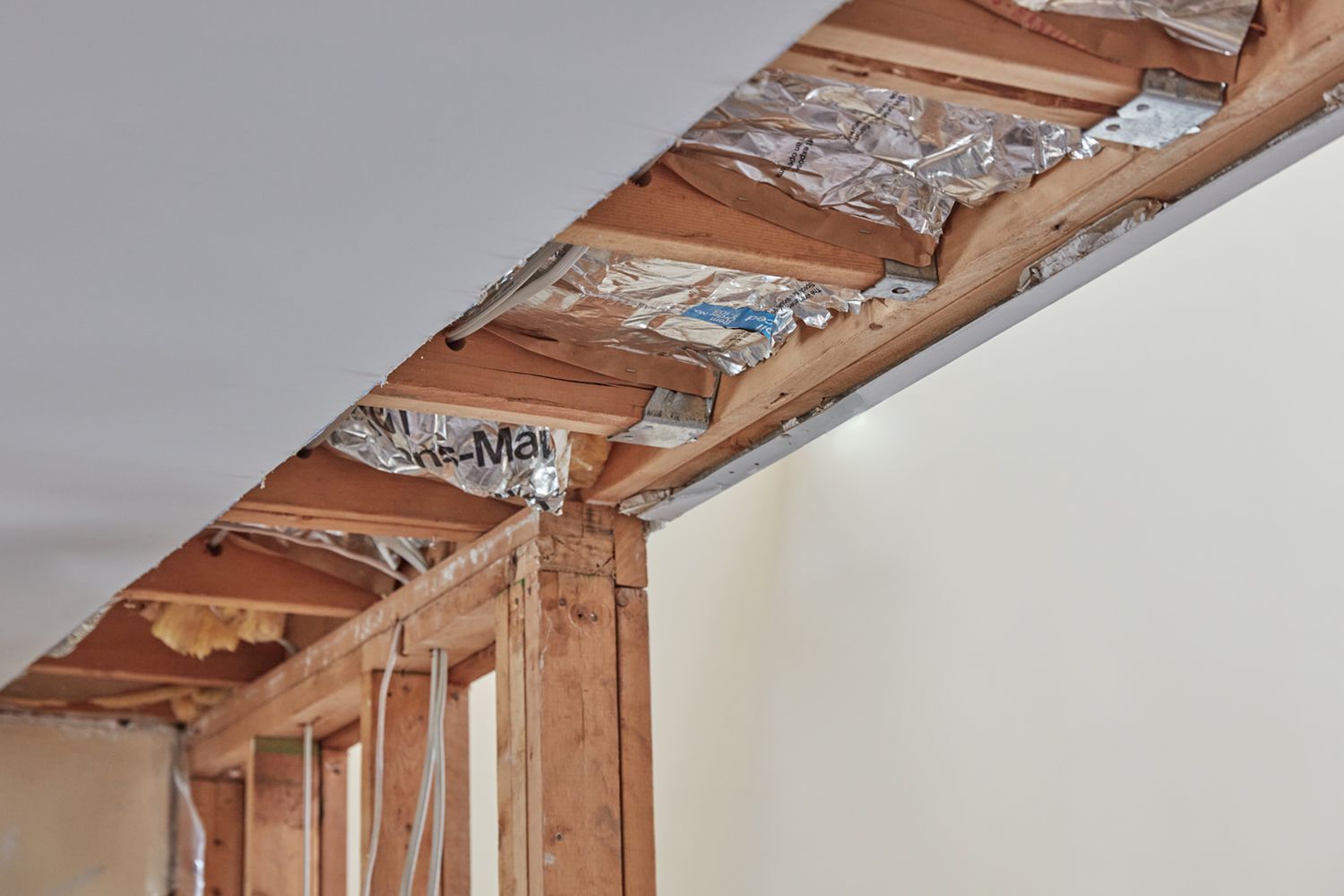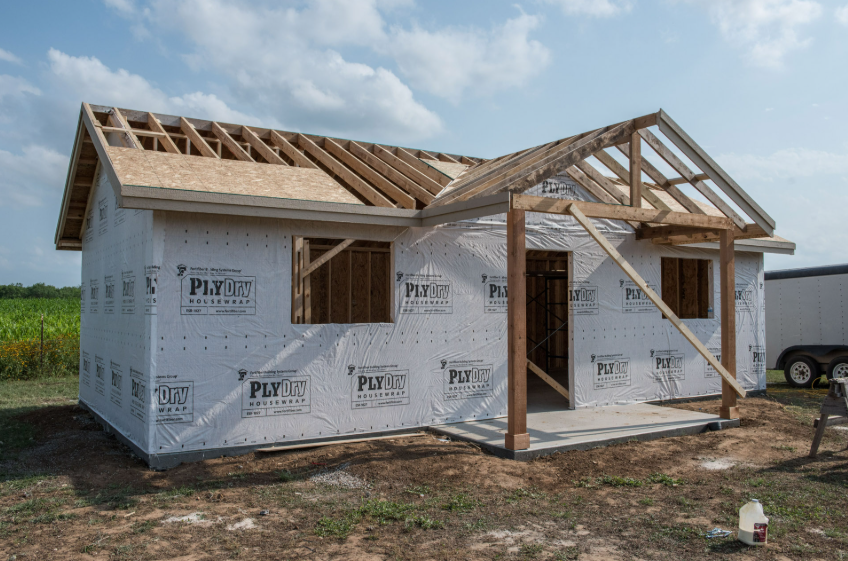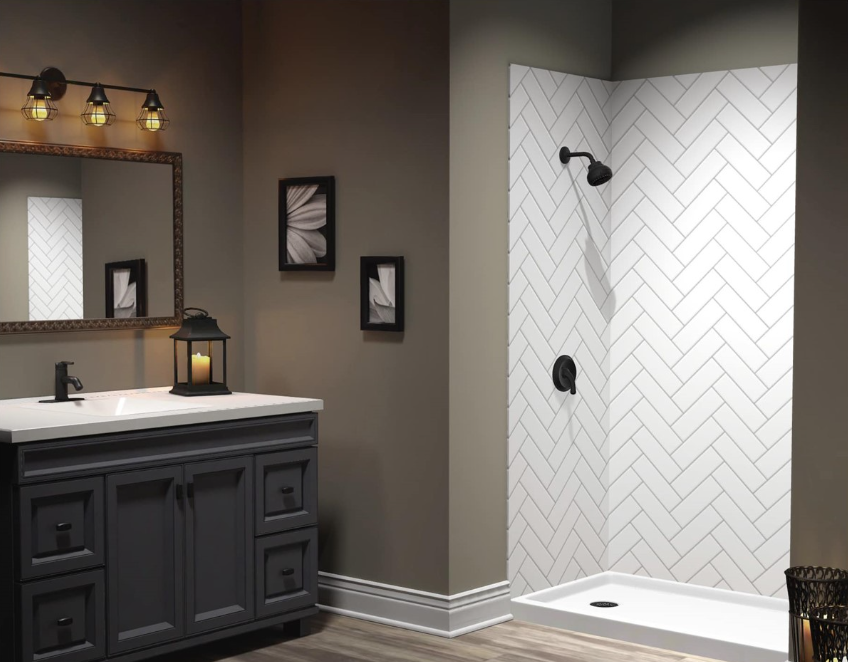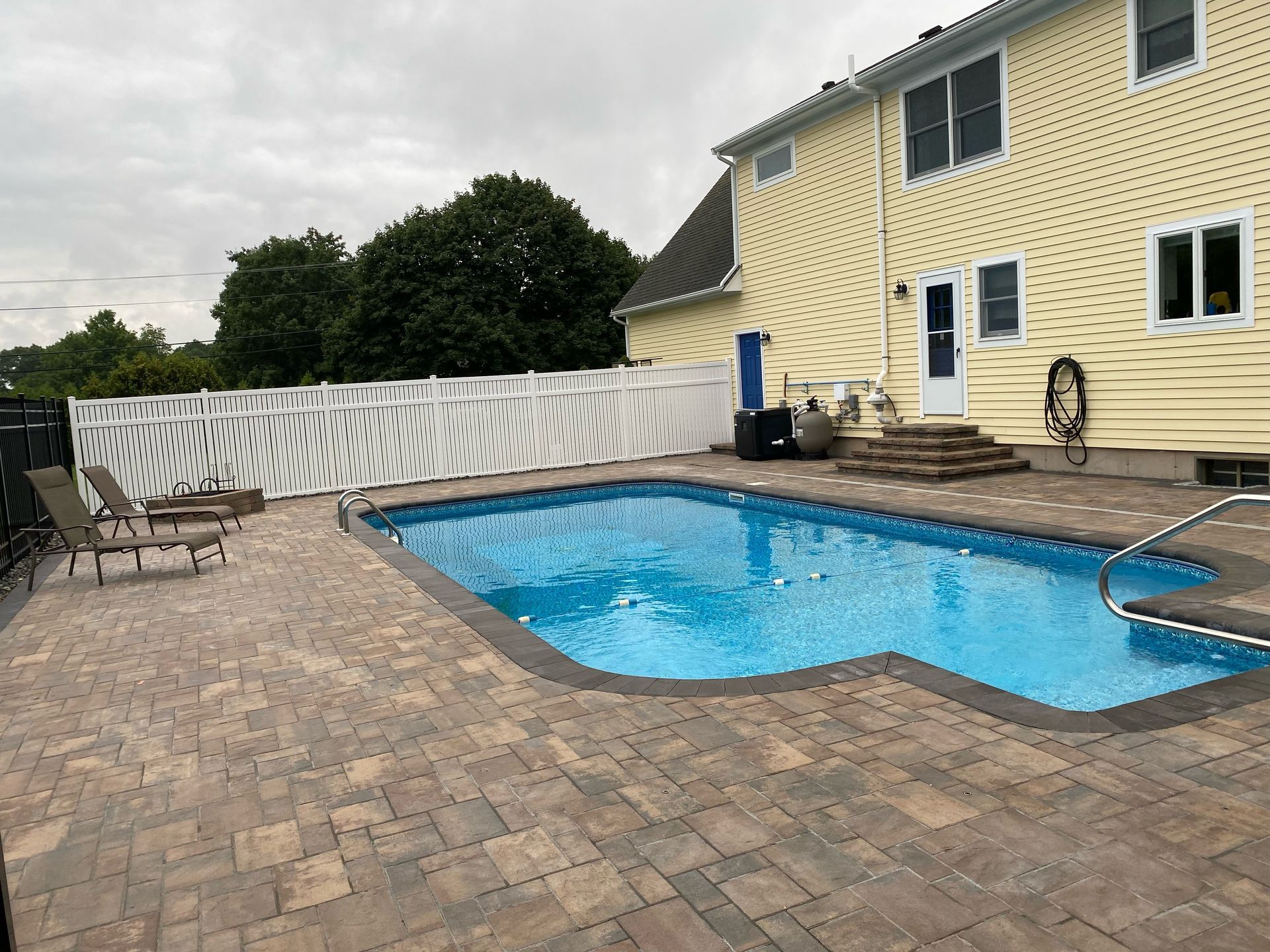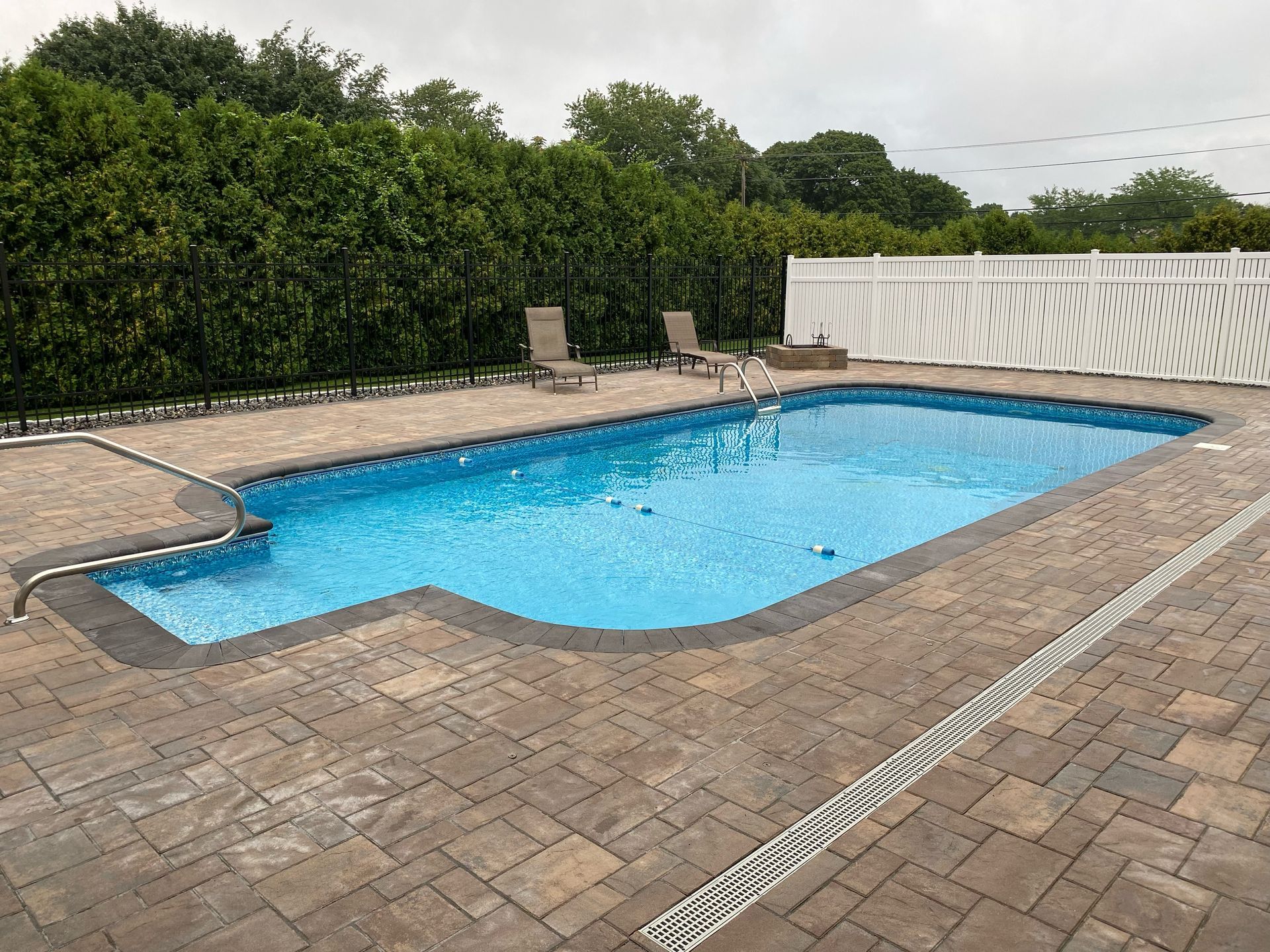Retail Plaza Snow Plowing - Rhode Island Parking Lot
Rhode Island retail plazas must clear customer parking lots and pedestrian walkways within 4-6 hours after snowfall ends, with priority given to handicap spaces and store entrances. Large retail centers (50+ spaces) face liability exposure of $25,000-$500,000 for slip-and-fall incidents, with professional plowing services averaging $3,000-$12,000 annually versus potential lawsuit costs and lost holiday season revenue.
Professional Retail Plaza Snow Plowing in Rhode Island
Customer Safety and Liability Protection
High-Traffic Retail Environment Risks
- Customer volume exposure: Major plazas serve 1,000-5,000+ daily customers during winter months
- Slip-and-fall incident frequency: Retail properties report 3x higher accident rates during snow/ice conditions
- Family shopping safety: Parents with children, elderly shoppers, and mobility-impaired customers require enhanced protection
- Shopping cart navigation: Clear pathways essential for customer mobility and store accessibility
- Holiday shopping season: November-January represents 40% of annual retail revenue requiring maximum accessibility
Legal Liability for Retail Property Owners
- Premises liability exposure: Rhode Island retail slip-and-fall settlements average $35,000-$150,000
- Business invitee duty: Highest legal standard of care owed to shopping customers
- Parking lot responsibility: Property owners liable for entire customer experience from car to store
- Inadequate maintenance penalties: Municipal fines $100-$500 per day plus civil liability
- Insurance premium impacts: Claims increase commercial premiums 25-45% following incidents
Revenue Protection During Peak Winter Shopping
Holiday Season Revenue Impact
- Black Friday through New Year: Critical 8-week period generating 35-45% of annual retail sales
- Weather-related sales loss: Poor parking lot conditions reduce customer visits by 25-40%
- Competitor advantage: Well-maintained plazas capture displaced shoppers from inaccessible competitors
- Extended shopping hours: Evening and weekend accessibility crucial for working family convenience
- Post-storm recovery time: Professional clearing enables same-day reopening vs. 2-3 day delays
Rhode Island Retail District Snow Plowing Requirements
Major Shopping Centers and Plaza Compliance
Warwick Mall and Surrounding Retail District
- Large-scale parking management: 3,000+ spaces requiring coordinated snow removal
- Anchor store accessibility: Department stores demand guaranteed customer access
- Food court and restaurant requirements: Dining establishments need continuous accessibility
- Municipal coordination: City of Warwick enhanced requirements for major retail centers
- Regional shopping destination: Customer draw from entire state requiring superior accessibility
Providence Place Mall and Downtown Retail
- Urban plaza challenges: Limited snow storage areas requiring off-site removal
- Public transportation integration: Bus stop and T-station accessibility coordination
- Parking garage management: Multi-level structure snow and ice removal
- Federal Hill retail corridor: Restaurant and specialty shop customer access priorities
- Tourist and convention traffic: Hotel guest shopping accessibility during winter months
Lincoln Mall and Route 116 Retail Corridor
- Strip plaza concentration: 15+ retail centers requiring coordinated snow management
- Anchor store requirements: Grocery stores, pharmacies need 24/7 accessibility
- Restaurant delivery access: Food service business continuity during storms
- Senior customer demographics: Enhanced safety requirements for elderly shoppers
- Municipal compliance: Lincoln town ordinances for commercial snow removal
Newport and Coastal Retail Considerations
Thames Street and Bellevue Avenue Shopping
- Historic district restrictions: Aesthetic standards for snow pile placement and removal methods
- Tourist season considerations: Year-round visitor accessibility expectations
- Narrow street challenges: Limited maneuvering space for snow removal equipment
- Waterfront proximity: Salt air and freeze interaction creating unique ice challenges
- Seasonal business coordination: Coordinating with restaurants and tourist services
Westerly and South County Beach Town Retail
- Seasonal population variations: Winter resident vs. summer tourist accessibility needs
- Limited municipal services: Enhanced self-sufficiency requirements for retail plazas
- Coastal weather unpredictability: Rapid storm intensification requiring quick response
- Tourism industry support: Local business interdependence during winter months
Retail Plaza Snow Plowing Operational Challenges
Large Parking Lot Management Strategies
Traffic Flow and Customer Circulation
- Systematic clearing patterns: Grid-based removal ensuring complete lot coverage
- Customer safety during operations: Plowing during non-peak hours when possible
- Shopping cart retrieval: Coordinating with retail staff for cart collection during storms
- Emergency vehicle access: Maintaining fire department and ambulance routes
- Loading dock accessibility: Supplier delivery truck accommodation during and after storms
Multi-Tenant Coordination Requirements
- Shared parking responsibility: Clear agreements between anchor stores and small retailers
- Individual store entrance priorities: Each tenant's customer access needs
- Common area maintenance: Property management coordination for shared spaces
- Varying business hours: 24-hour establishments vs. traditional retail schedules
- Cost allocation systems: Fair distribution of snow removal expenses among tenants
Equipment and Material Considerations for Retail Properties
Large-Scale Plowing Equipment Requirements
- Commercial-grade plows: 8-10 foot blades for efficient large lot clearing
- Salt spreaders and sanders: Bulk application systems for extensive parking areas
- Snow pushers: Wide-blade efficiency for open parking lot sections
- Compact equipment: Maneuvering capability for tight spaces around store entrances
- Backup equipment availability: Redundancy preventing service interruption during critical periods
Customer-Safe Materials and Application
- Pedestrian-safe ice melts: Reduced slip hazards on walkways and entrance areas
- Vehicle-friendly deicing: Protecting customer cars from corrosive salt damage
- Environmental considerations: Groundwater protection and landscape preservation
- Residue management: Minimizing tracking into retail establishments
- Cost-effective bulk purchasing: Volume discounts for large retail property applications
Rhode Island Retail Plaza Types and Specific Requirements
Shopping Centers and Malls
Enclosed Mall Complexes (Warwick Mall, Rhode Island Mall)
- Massive parking areas: 2,000-4,000 spaces requiring industrial-scale clearing
- Multiple entrance priorities: Department store, mall entrance, restaurant access coordination
- Peak shopping period protection: Holiday season customer experience optimization
- Food court accessibility: Dining establishment customer flow maintenance
- Entertainment venue access: Movie theaters, arcade areas requiring evening accessibility
Power Centers and Big Box Retail
- Anchor store dominance: Home Depot, Target, Walmart requiring priority clearing
- Large vehicle accommodation: Customer trucks, trailers, and oversized vehicle access
- Loading dock management: Supplier delivery coordination during snow events
- Parking lot island navigation: Landscaping and light pole integration with snow removal
- Seasonal merchandise access: Garden centers, Christmas tree lots, outdoor displays
Strip Plazas and Neighborhood Shopping Centers
Grocery-Anchored Plazas
- Essential service priority: Food, pharmacy, medical services requiring continuous access
- Senior customer demographics: Enhanced safety for elderly and mobility-impaired shoppers
- Daily necessity shopping: Weather cannot prevent access to food and medication
- Shopping cart and mobility aid accommodation: Clear, level pathways for assistance devices
- Extended hours coordination: 24-hour establishments requiring constant accessibility
Restaurant and Service-Focused Centers
- Dining establishment customer experience: Restaurant accessibility during peak dinner hours
- Delivery service coordination: Food delivery, pickup service vehicle access
- Personal service businesses: Salon, dry cleaning, banking customer convenience
- Professional service access: Medical, dental, legal offices requiring client accessibility
- Evening accessibility: Service businesses operating beyond traditional retail hours
Specialty Retail and Outlet Centers
Tourist-Oriented Shopping Destinations
- Visitor experience protection: Out-of-state shoppers unfamiliar with winter driving
- Bus tour accommodation: Large vehicle parking and maneuvering areas
- Seasonal shopping peaks: Holiday and winter vacation shopping accessibility
- Gift shop and souvenir access: Tourist purchase convenience during winter visits
- Hotel shuttle coordination: Guest transportation service accommodation
Cost Analysis: Professional vs. In-House Retail Plaza Snow Removal
Professional Snow Plowing Service Investment
Seasonal Contract Costs for Retail Plazas
- Small strip plazas (10-25 spaces): $2,000-$4,500 annual service agreements
- Medium shopping centers (25-75 spaces): $4,500-$9,000 comprehensive seasonal contracts
- Large retail plazas (75-200 spaces): $9,000-$18,000 full-service winter agreements
- Major shopping centers (200+ spaces): $18,000-$35,000+ industrial-scale service contracts
- Premium 24/7 service: 15-25% additional cost for guaranteed rapid response
Service Inclusions and Value Protection
- Liability insurance transfer: $1-3 million professional coverage protecting property owners
- Equipment redundancy: Backup plow and salt spreader availability preventing delays
- 24/7 storm response: Guaranteed accessibility during critical shopping periods
- Municipal compliance: Professional knowledge of local ordinances and requirements
- Documentation and reporting: Legal protection through service verification and timing records
In-House Snow Removal Cost Analysis
Equipment Purchase and Maintenance Costs
- Commercial plow truck: $45,000-$85,000 initial investment for retail-grade equipment
- Salt spreader and materials: $8,000-$15,000 seasonal supply and equipment costs
- Backup equipment necessity: Additional $25,000-$45,000 for service redundancy
- Maintenance and repairs: $5,000-$12,000 annual equipment servicing and replacement parts
- Fuel and operational costs: $3,000-$8,000 seasonal operation expenses
Staffing and Training Requirements
- Equipment operator wages: $18-$28/hour plus overtime during storm events
- Commercial driver licensing: CDL requirements and training costs for operators
- Insurance and liability: Additional $8,000-$15,000 annual coverage for equipment operation
- Emergency availability: On-call staff compensation during night and weekend storms
- Training and certification: Snow plow operation safety and efficiency education
Revenue Impact Analysis for Retail Properties
Lost Sales Due to Inaccessible Parking
- Daily revenue impact: Average retail plaza loses $2,000-$8,000 per day during poor accessibility
- Holiday season multiplier: 2-3x revenue loss during November-January peak periods
- Customer retention effects: Long-term shopping pattern changes due to accessibility issues
- Competitor advantage: Well-maintained plazas capture market share from inaccessible locations
- Tenant satisfaction: Lease renewal and occupancy rates affected by property management quality
Rhode Island Municipal Requirements for Retail Snow Removal
City-Specific Retail Plaza Ordinances
Providence Commercial Snow Removal Standards
- Business district priorities: Downtown and Federal Hill enhanced clearing requirements
- 4-hour compliance window: Customer parking areas cleared within municipal timeframes
- Sidewalk responsibility: Retail property owners maintain adjacent pedestrian walkways
- Public transportation coordination: Bus stop accessibility for car-free shoppers
- Tourist area enhancements: Convention district and hotel-adjacent retail priorities
Warwick Retail Corridor Compliance
- Route 2 commercial visibility: State highway proximity requiring enhanced snow management
- Shopping center coordination: Multi-property snow removal timing and methods
- Municipal fine structure: $150-$400 daily penalties for non-compliance
- Emergency vehicle access: Fire department and ambulance route maintenance requirements
- Customer complaint response: City investigation and enforcement procedures
Cranston Shopping Plaza Requirements
- Park Avenue retail district: Coordinated clearing with adjacent businesses and restaurants
- Reservoir Avenue corridor: Major shopping street enhanced accessibility standards
- Multi-tenant building coordination: Shared responsibility agreements and enforcement
- Senior shopping demographics: Enhanced safety requirements for elderly customer base
- Municipal snow pile management: Approved locations and removal procedures
Newport and Coastal Municipal Considerations
Historic District Retail Compliance
- Aesthetic standards: Snow pile placement and removal method restrictions
- Narrow street accommodation: Limited space for snow removal equipment operation
- Tourist season expectations: Year-round accessibility despite seasonal business models
- Waterfront business coordination: Marina, restaurant, and retail service integration
- Municipal service limitations: Enhanced self-sufficiency requirements during major storms
Technology and Modern Retail Plaza Snow Management
Advanced Weather Monitoring for Retail Properties
Predictive Clearing Systems
- 72-hour forecast integration: Pre-positioning equipment and materials for storm response
- Customer traffic analysis: Historical shopping pattern data informing clearing priorities
- Tenant communication systems: Automated alerts for business owner storm preparation
- Municipal coordination: City plow route timing coordination for optimal customer access
- Insurance carrier reporting: Automated compliance documentation for liability protection
Smart Parking Lot Monitoring
- IoT sensor networks: Real-time temperature, precipitation, and ice formation detection
- Customer safety alerts: Automated hazard warnings through mobile apps and signage
- Equipment tracking systems: GPS monitoring of plow and salt spreader operations
- Maintenance scheduling: Predictive equipment servicing preventing storm-period failures
- Cost optimization: Data-driven material usage and labor allocation efficiency
Customer Communication and Experience Enhancement
Digital Accessibility Updates
- Social media coordination: Real-time parking lot condition updates on Facebook, Instagram
- Website integration: Store locator and accessibility status integration
- Mobile app notifications: Customer alerts for shopping center accessibility and safety
- Local news coordination: Media updates for major retail destination accessibility
- Google Business Profile updates: Search visibility for accessible shopping options
Tenant and Property Management Coordination
- Multi-tenant communication: Coordinated messaging about snow removal schedules and priorities
- Cost allocation transparency: Clear documentation of snow removal expenses and tenant responsibility
- Service quality monitoring: Tenant feedback systems for snow removal effectiveness
- Emergency response protocols: Coordinated procedures for severe weather events
- Insurance coordination: Group coverage and claim management for tenant protection
Seasonal Planning and Storm Response Protocols
Pre-Season Preparation for Retail Properties
October-November Readiness Checklist
- Equipment inspection: Plow blades, salt spreaders, backup equipment verification
- Material procurement: Bulk salt and ice melt purchasing and storage preparation
- Staff training: Equipment operation, customer safety, and emergency response procedures
- Insurance verification: Coverage adequacy and contractor liability confirmation
- Tenant coordination: Shared responsibility agreements and emergency contact updates
Storm Response Planning
- Weather monitoring: 48-72 hour advance storm tracking and preparation activation
- Priority area designation: Customer entrances, handicap spaces, emergency access routes
- Equipment positioning: Pre-storm plow and material placement for rapid response
- Staff scheduling: Operator availability and overtime authorization during storm events
- Customer communication: Advance notice systems for store accessibility and safety updates
Post-Storm Recovery and Maintenance
Immediate Post-Storm Priorities (First 6 Hours)
- Customer entrance clearing: Priority access to store entrances and handicap-accessible routes
- Parking space definition: Clear designation of available customer parking areas
- Ice treatment application: Secondary safety treatment preventing slip hazards
- Shopping cart accessibility: Clear pathways for customer mobility throughout parking areas
- Lighting and visibility: Snow removal from light fixtures and directional signage
Extended Recovery Operations (24-48 Hours)
- Complete lot accessibility: Full parking capacity restoration for peak shopping periods
- Drainage maintenance: Preventing ice formation from melting snow and refreezing cycles
- Landscape protection: Snow pile placement preventing damage to retail property landscaping
- Equipment maintenance: Post-storm service and preparation for subsequent weather events
- Documentation completion: Service verification and compliance reporting for property management
Insurance and Risk Management for Retail Plazas
Comprehensive Coverage Requirements for Retail Properties
Premises Liability Protection
- Customer injury coverage: Slip-and-fall incident protection averaging $50,000-$200,000 settlements
- Business interruption insurance: Revenue protection during weather-related closures
- Snow removal contractor liability: Professional service provider insurance verification
- Property damage coverage: Vehicle damage from ice, snow load, and freeze-thaw cycles
- Legal defense coverage: Attorney fees and court costs separate from settlement limits
Tenant and Property Management Coordination
- Shared liability agreements: Clear responsibility designation between property owners and tenants
- Certificate of insurance requirements: Tenant coverage verification for winter weather incidents
- Common area maintenance: Insurance coverage for shared parking and walkway areas
- Emergency response coverage: Rapid cleanup and accessibility restoration cost protection
- Risk management consulting: Professional guidance for winter weather preparedness and prevention
Documentation and Evidence Management
Liability Protection Documentation
- Time-stamped photography: Before, during, and after snow removal evidence collection
- Service completion verification: Professional contractor reporting and compliance confirmation
- Weather condition documentation: National Weather Service data preservation for legal defense
- Incident response protocols: Customer injury response and documentation procedures
- Municipal compliance records: City ordinance adherence verification and penalty avoidance
Rhode Island Retail Industry Seasonal Considerations
Holiday Shopping Season Protection
Peak Revenue Period Accessibility
- Black Friday preparation: Thanksgiving weekend accessibility ensuring peak shopping day success
- Christmas shopping season: December accessibility maintaining 25% of annual retail revenue
- New Year clearance events: Post-holiday sale customer access and inventory movement
- Valentine's Day and spring preparation: Extended winter season business continuity
- Mother's Day and graduation shopping: Late spring weather event preparation
Consumer Behavior and Weather Adaptation
- Online vs. in-store shopping: Weather accessibility affecting customer purchase channel selection
- Regional shopping patterns: Rhode Island consumers traveling to accessible retail destinations
- Family shopping considerations: Parents with children requiring safe, accessible parking and walkways
- Elderly and disabled customer accommodation: Enhanced safety for vulnerable shopping populations
- Tourist and visitor shopping: Out-of-state customer unfamiliarity with winter driving conditions
Economic Impact on Rhode Island Retail Industry
Statewide Retail Weather Impact
- Annual winter weather retail losses: Poor accessibility costs RI retailers $25-50 million annually
- Employment effects: Reduced hours and temporary layoffs during extended weather closures
- Supply chain disruptions: Delivery truck access affecting inventory availability
- Competition from accessible locations: Market share shifts toward well-maintained properties
- Insurance cost escalation: Industry-wide premium increases following severe winter seasons
Successful retail plaza management requires specialized snow plowing and parking lot maintenance that prioritizes customer safety, maximizes accessibility during peak shopping seasons, and protects your property investment from weather-related liability. Rockhouse Construction provides comprehensive retail plaza snow management services designed specifically for Rhode Island's diverse shopping centers, strip plazas, and commercial retail properties.
Our retail-focused services include large-scale parking lot clearing, customer entrance prioritization, handicap accessibility compliance, coordinated multi-tenant facility management, and 24/7 storm response during critical holiday shopping periods. Don't let snow and ice cost you customers, revenue, or expose your property to liability during Rhode Island's challenging winter months.
Contact us today to discuss how our specialized retail plaza snow plowing services can keep your customers shopping safely and your business thriving throughout the winter season.
